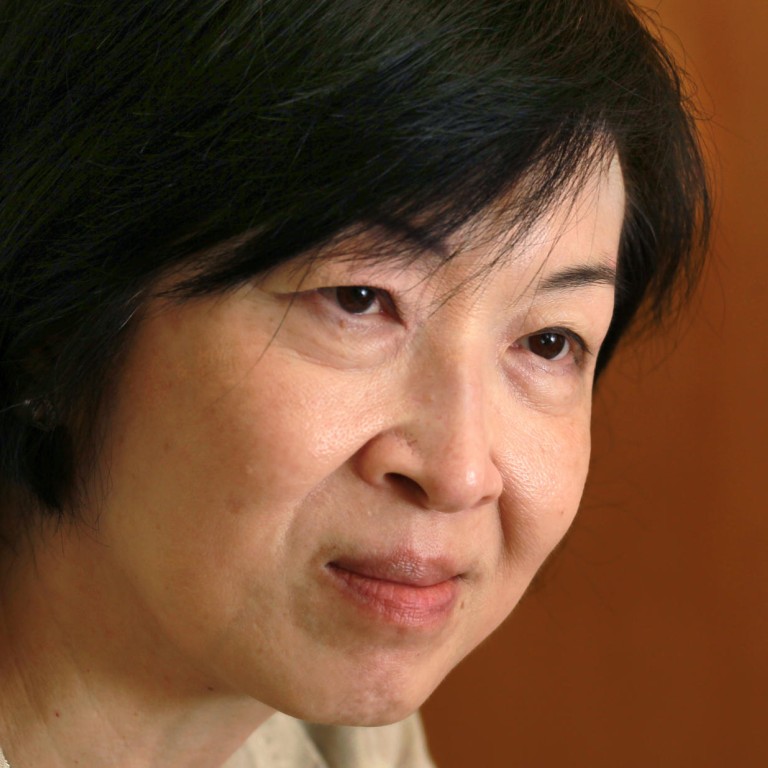
Fanny Law warns pan-democrats on consequences of failure to reach universal suffrage
Executive councillor says it would take 'a long time' to move ahead on democracy if consensus on universal suffrage not achieved by 2017
An executive councillor has warned that the city will take "a long time" to reach a consensus on political reform if it cannot achieve universal suffrage for the 2017 chief executive election.
If Hong Kong really failed to take its political system forward by then, the administration would still need to improve governance by forging a ruling coalition with government-friendly parties, for example, said Fanny Law Fan Chiu-fun, who is in Beijing as a deputy to the National People's Congress, which kicked off its annual session yesterday.
"Political parties should be allowed to take part in formulating policy, rather than being informed shortly before policy initiatives are announced," she said.
Law urged pan-democrats, particularly those with moderate views, to recognise the consequences of failing to attain universal suffrage in 2017.
"It would take a long time to rebuild the mutual trust between the central government and pan-democrats if universal suffrage is not achieved in 2017," she said.
Pan-democrats advocate a three-track system in the election of the chief executive - allowing voters and political parties, on top of a nominating committee, to nominate candidates.
But the central government insists candidates can be put forward only by a nominating committee similar to the election committee that chose previous chief executives.
The pan-democratic camp also wants a low nomination threshold, so that its representatives can enter the race.
May 3 marks the end of the city government's five-month public consultation on methods for forming the Legislative Council in 2016 and for selecting the chief executive in 2017.
Electoral reform is made possible under a guarantee from the central leadership that lets the city operate within a "one country, two systems" framework for 50 years from 1997.
Law said she did not dispute the gloomy prognosis made by Basic Law Committee member Professor Albert Chen Hung-yee in November, that if current efforts for electoral reform failed, the city could find its political system still stagnating by 2047.
Law said she preferred to see three choices put forward by the nominating committee for the "one man, one vote" in 2017.
"[Selecting] a chief executive is a serious matter and you can't have too many candidates," she said. "Having three candidates is manageable. With a smaller field, the debate among the candidates would be more orderly and allow for more in-depth discussion."
Pan-democrats fear their representatives would be screened out if only two or three candidates are allowed.
Law said such concerns were unfounded if the nomination process was based on a set of objective criteria, including the candidates' competence, acceptance by the public, and ability to work with Beijing.
"I don't believe the nominating committee would ignore public views on candidates reflected in opinion surveys."
Law saw a need to enhance ties between the executive and legislative branches of the government even in the event of political stagnation.
"The administration should forge a strong governing coalition with parties that back it," she said. "Those parties should have representatives on the executive council and be allowed to play an active role in formulating policy."
Several executive councillors from pro-establishment parties have complained about the lack of opportunity to contribute to policymaking.

